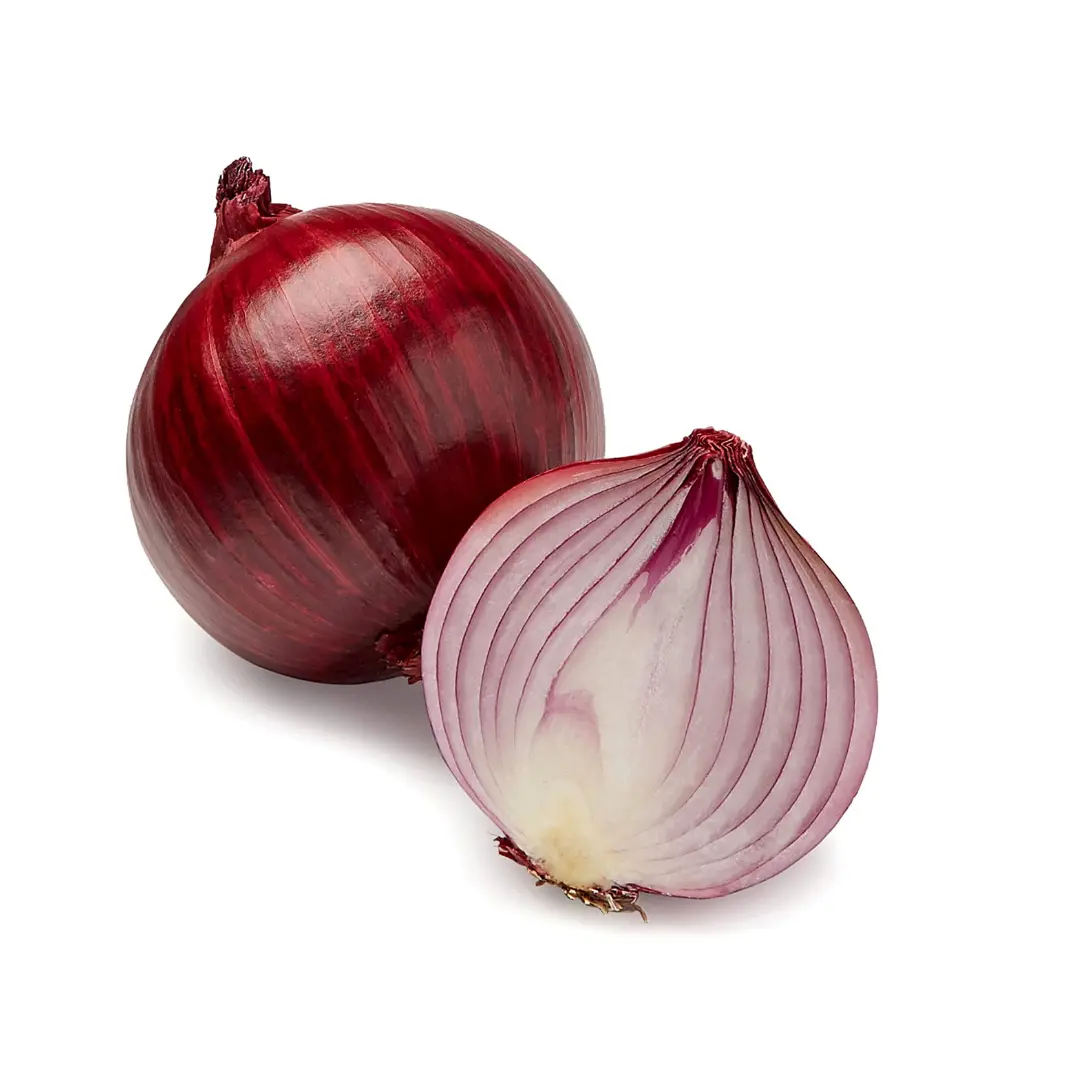Office No 1 & 2, Michael Apartment,Vasai West

Ginger
Ginger is a versatile spice with numerous health benefits. In just 100 grams, it provides 80 calories, 0.8g of fat, and no cholesterol or trans fat.
Nutritional Values:
| 80 kcal | Calories |
|---|---|
| 5 mg | Vitamin C |
| 0 mg | Cholesterol |
| 1.8 gram | Protein |
Description:
Ginger, a popular spice and medicinal herb, offers a range of nutritional benefits that make it a valuable addition to any diet. Packed with essential vitamins, minerals, and bioactive compounds, ginger not only adds a delightful flavor to dishes but also contributes to overall well-being. Let's explore the nutritional value of ginger in detail:
1. Calories (80 kcal)
- Ginger is relatively low in calories, making it a great option for those aiming to manage their weight or reduce caloric intake.
2. Total Fat (0.8 g)
- The low-fat content in ginger is beneficial for maintaining heart health and supporting healthy cholesterol levels.
3. Saturated Fat (0.2 g)
- Ginger contains a minimal amount of saturated fat, which is linked to an increased risk of heart disease when consumed in excess.
4. Trans Fat (0 g)
- There is no trans fat in ginger, which is a positive aspect since trans fats are considered harmful to heart health.
5. Cholesterol (0 mg)
- Ginger is cholesterol-free, making it suitable for individuals concerned about their cholesterol levels.
6. Sodium (13 mg)
- The low sodium content in ginger makes it a favorable choice for people with hypertension or those who need to limit their sodium intake.
7. Total Carbohydrates (17.8 g)
- Ginger provides carbohydrates, which are the body's primary source of energy.
8. Dietary Fiber (2 g)
- The presence of dietary fiber in ginger aids in digestion, helps maintain bowel regularity, and can contribute to a feeling of fullness, potentially supporting weight management.
9. Sugars (1.7 g)
- The natural sugars in ginger are relatively low, making it a suitable option for those trying to reduce their sugar intake.
10. Protein (1.8 g) - Although ginger is not a significant source of protein, it still contributes to overall protein intake.
11. Vitamins and Minerals
- Ginger contains various essential vitamins and minerals that contribute to its nutritional value:
- Vitamin A (33 IU): Supports eye health and immune function.
- Vitamin C (5 mg): An antioxidant that boosts the immune system and aids in collagen production.
- Vitamin B6 (0.2 mg): Important for brain development and function.
- Folate (11 mcg): Essential for cell division and proper fetal development during pregnancy.
- Calcium (16 mg): Supports bone health and muscle function.
- Iron (0.6 mg): Vital for transporting oxygen throughout the body.
- Magnesium (43 mg): Helps regulate nerve and muscle function, and supports bone health.
- Potassium (415 mg): Crucial for heart function, nerve transmission, and maintaining healthy blood pressure.
- Zinc (0.3 mg): Contributes to a healthy immune system and supports wound healing.
Conclusion
Ginger's nutritional profile demonstrates its potential to be a valuable ingredient in a balanced diet. Low in calories and fat, while rich in essential vitamins and minerals, ginger can enhance overall health and well-being. Whether consumed fresh, dried, powdered, or as a tea, incorporating ginger into your diet can add a flavorful and nutritious element to your meals while offering a host of health benefits. However, it's important to remember that the nutritional values mentioned here are based on a standard serving size of 100 grams and can vary depending on the specific type and preparation of ginger. As with any dietary consideration, it's advisable to consult with a healthcare professional or registered dietitian to personalize your nutritional plan and ensure it aligns with your specific health needs and goals.
Additional Information
Certainly! Here are some additional pieces of information about ginger and its nutritional benefits:
1. Anti-Inflammatory Properties: Ginger contains bioactive compounds, such as gingerol, that have potent anti-inflammatory effects. These compounds can help reduce inflammation and may benefit individuals with inflammatory conditions like osteoarthritis and rheumatoid arthritis.
2. Digestive Aid: Ginger has a long history of being used as a digestive aid. It can help alleviate symptoms of indigestion, bloating, and gas by promoting the movement of food through the digestive tract.
3. Nausea Relief: Ginger is known for its ability to alleviate nausea and vomiting, especially during pregnancy or after surgery. It is often used to help manage motion sickness and morning sickness.
4. Immune System Support: The high vitamin C content in ginger contributes to a strong immune system, helping the body defend against infections and illnesses.
5. Potential Anti-Cancer Effects: Some studies suggest that certain compounds found in ginger may have anti-cancer properties, though more research is needed to fully understand its role in cancer prevention and treatment.
6. Blood Sugar Regulation: Preliminary research indicates that ginger may help improve insulin sensitivity and lower blood sugar levels, which could be beneficial for individuals with diabetes.
7. Heart Health: Ginger's anti-inflammatory and antioxidant properties may support heart health by reducing the risk of heart disease and improving overall cardiovascular function.
